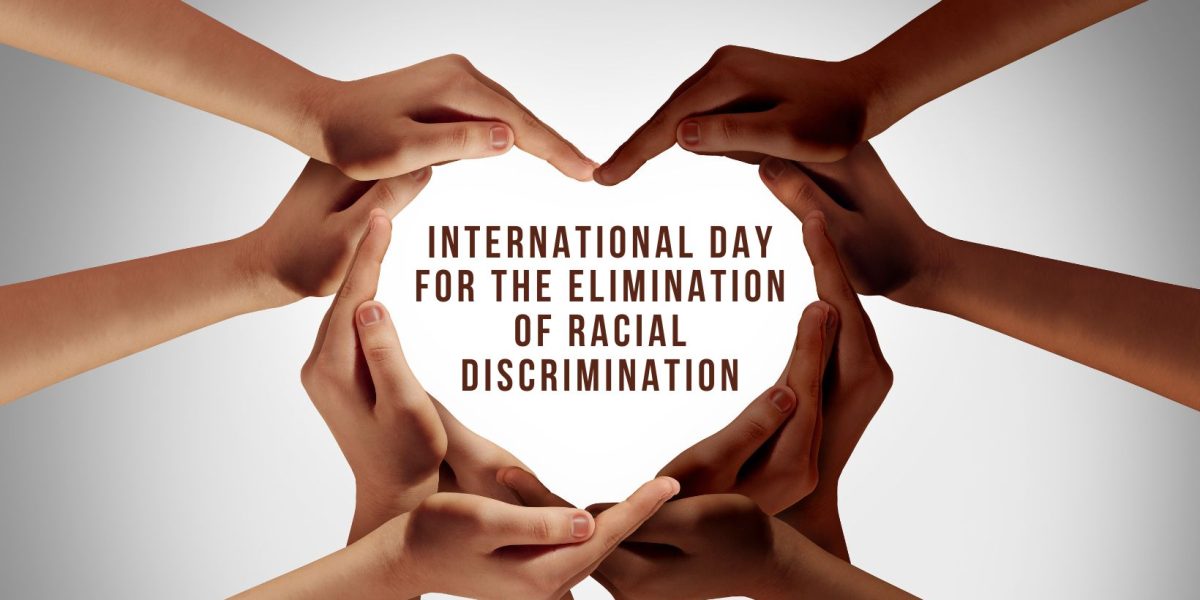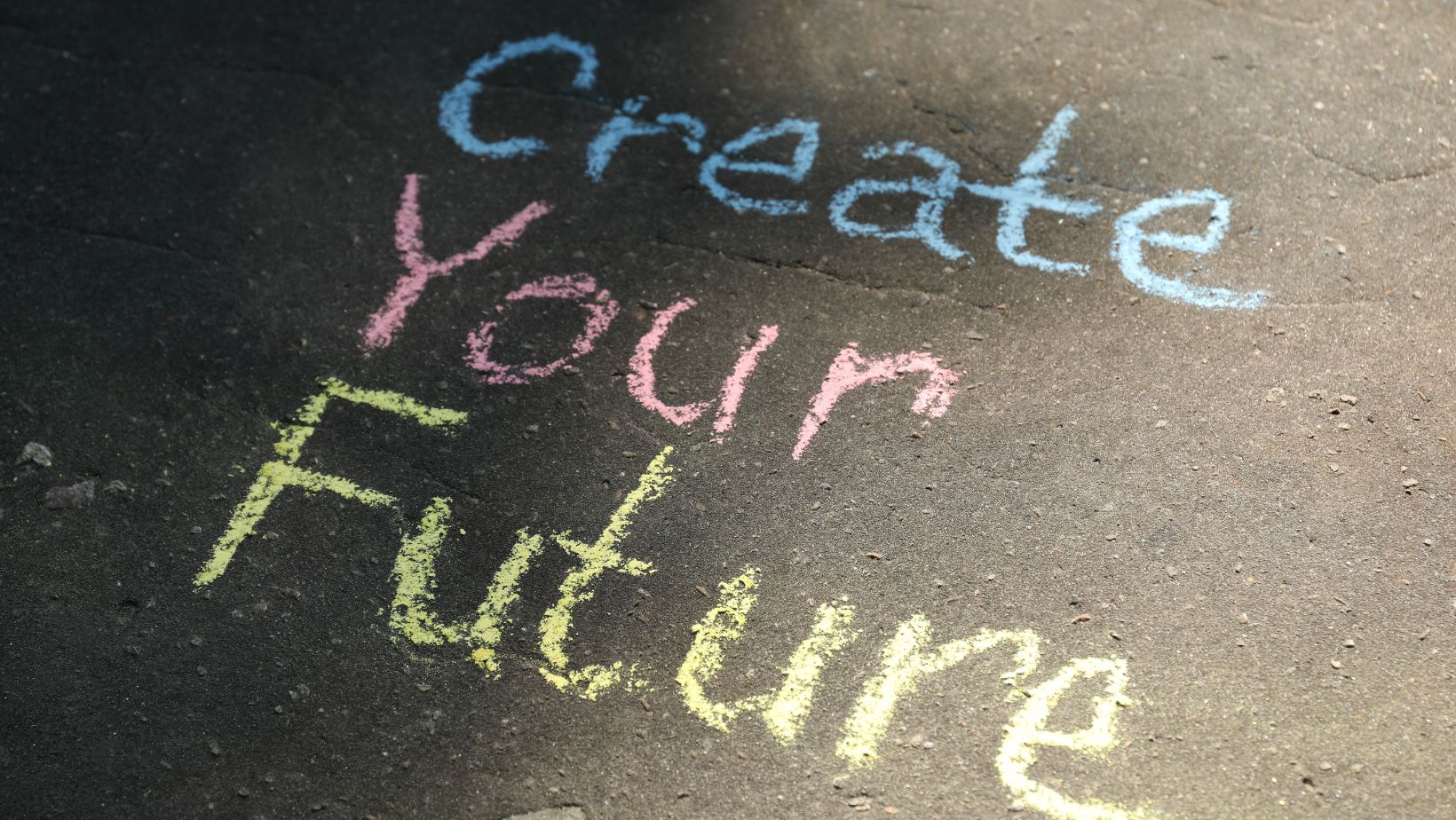Celebrating Diversity
In a world that boasts a rich tapestry of cultures, languages, and traditions, the International Day for the Elimination of Racial Discrimination stands as a poignant reminder of our collective responsibility to foster understanding, embrace diversity, and eradicate prejudice. Observed annually on March 21st, this day serves as a call to action to confront racial discrimination in all its forms and reaffirm our commitment to building a more inclusive and equitable society.
Understanding the Significance of March 21st
The significance of March 21st dates back to 1960 when police opened fire and killed 69 peaceful demonstrators in Sharpeville, South Africa, during a protest against the apartheid regime’s discriminatory pass laws. This tragic event galvanized the international community and prompted the United Nations to declare March 21st as the International Day for the Elimination of Racial Discrimination. Since then, this day has served as a platform for raising awareness about racial inequality and promoting tolerance and respect for diversity.
Challenging Prejudice: A Global Imperative
Despite progress in the fight against racial discrimination, inequalities persist in societies around the world. From systemic racism and racial profiling to hate speech and xenophobia, marginalized communities continue to face barriers to full participation in social, economic, and political life. The International Day for the Elimination of Racial Discrimination urges us to confront these injustices head-on and work towards dismantling the structures that perpetuate discrimination and inequality.
Promoting Unity in Diversity
At its core, the observance of this day is a celebration of diversity and an affirmation of the inherent dignity and worth of every individual, regardless of race, ethnicity, or nationality. By embracing diversity and promoting intercultural understanding, we can build bridges across divides, foster solidarity, and create a more harmonious and inclusive world for future generations.
Taking Action: Steps Towards Change
While raising awareness is an important first step, meaningful action is essential to bring about lasting change. Governments, civil society organizations, businesses, and individuals all have a role to play in advancing racial equality and combating discrimination. This may involve implementing anti-discrimination laws, promoting diversity and inclusion in workplaces and educational institutions, supporting initiatives that amplify marginalized voices, and challenging stereotypes and biases in our communities.
Education as a Catalyst for Change
Education plays a pivotal role in challenging ingrained attitudes and fostering empathy and understanding. By integrating lessons on diversity, equity, and inclusion into school curricula and promoting multicultural education, we can empower young people to become advocates for social justice and agents of change in their communities. Additionally, ongoing education and awareness-raising efforts for adults can help challenge misconceptions and foster greater acceptance and respect for cultural differences.
Conclusion: Embracing Diversity, Building a Better Future
As we mark the International Day for the Elimination of Racial Discrimination, let us reaffirm our commitment to building a world free from prejudice and discrimination. By standing in solidarity with those who are marginalized and oppressed, we can create a more just and equitable society where every individual is afforded the opportunity to thrive and fulfill their potential. Together, let us celebrate our diversity, embrace our shared humanity, and work towards a future where racial discrimination is but a distant memory.





